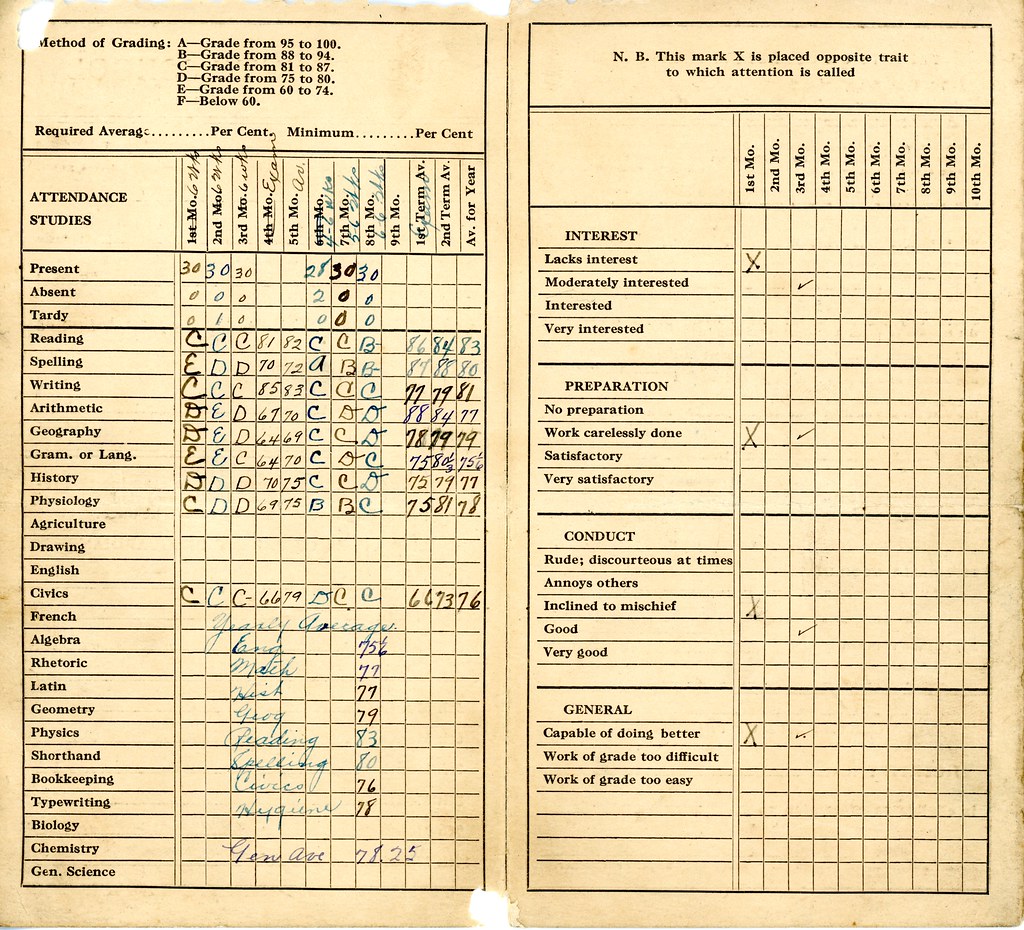SEL Tip: SEL Report Card Comments

Early in the new year, teachers may be deep in the process of writing progress reports. This time presents a unique opportunity to communicate not just academic progress but also the growth in social-emotional learning that students have achieved. SEL has become a crucial part of elementary education. It focuses on the development of important life skills alongside traditional subjects. Here are some ways to write SEL report card comments.
Understanding the Importance of SEL in Report Cards
First, it’s essential to recognize the value of SEL in the overall development of a child. Comments on report cards are a powerful tool to acknowledge and reinforce the progress students make in areas like empathy, self-awareness, and resilience. These insights can be incredibly affirming for students and informative for parents.
On the Rise: Cultivating Inclusive and Diverse Perspectives
As the educational landscape evolves, there is a noticeable rise in the emphasis on cultivating inclusive and diverse perspectives within SEL curricula. The traditional, one-size-fits-all approach is giving way to a more nuanced understanding that recognizes the unique social and emotional needs of each student.
Educators are incorporating diverse cultural references, narratives, and perspectives into their SEL lessons. This not only helps students develop a broader worldview but also fosters empathy and understanding for the experiences of others. Schools are increasingly recognizing the importance of acknowledging and celebrating diversity as an integral part of SEL, contributing to the development of socially aware and culturally competent individuals.
Tips for Writing SEL-Focused Comments
- Be Specific: Instead of vague comments like “Shows good social skills,” specify instances or behaviors, e.g., “Shows empathy by comforting peers when they are upset.”
- Link to Academic Skills: Where possible, connect SEL skills to academic achievements. For example, “Uses strong self-regulation skills during challenging math problems, leading to improved focus and performance.”
- Use Growth Mindset Language: Encourage a growth mindset by focusing on effort and progress rather than innate ability. For instance, “Has shown impressive growth in collaborating effectively in group projects, contributing thoughtful ideas and actively listening to others.”
- Highlight Individual Strengths: Tailor your comments to reflect each student’s unique SEL strengths. Recognize a student’s specific achievements, like “Demonstrates outstanding conflict resolution skills during group activities.”
- Provide Constructive Feedback: Offer gentle guidance on areas for improvement in a positive tone, such as, “Continuing to develop strategies for managing frustration will further enhance learning experiences.”
- Celebrate Progress: Acknowledge and celebrate improvements, no matter how small. Phrases like “Has made notable progress in expressing emotions in a healthy way” can boost a student’s confidence.
- Include Actionable Steps: Where appropriate, suggest next steps or strategies that can support further SEL development, both at school and at home.
The Impact of SEL-Focused Report Card Comments
By incorporating these elements into report card comments, educators not only provide a comprehensive view of a student’s progress but also reinforce the importance of SEL skills. This approach helps in fostering a holistic educational environment where emotional and social development is valued as much as academic achievements.
In Conclusion
As educators navigate the challenge of report card season, remembering to include thoughtful, specific comments about students’ social-emotional learning can make a significant impact. It’s an opportunity to acknowledge the strides made in these vital areas, encouraging students to continue developing skills that will serve them throughout their lives.
If you found this content helpful, you might enjoy this Imagineerz blog post and check out SEL Report Card K-5 Grade Level Expectations!


